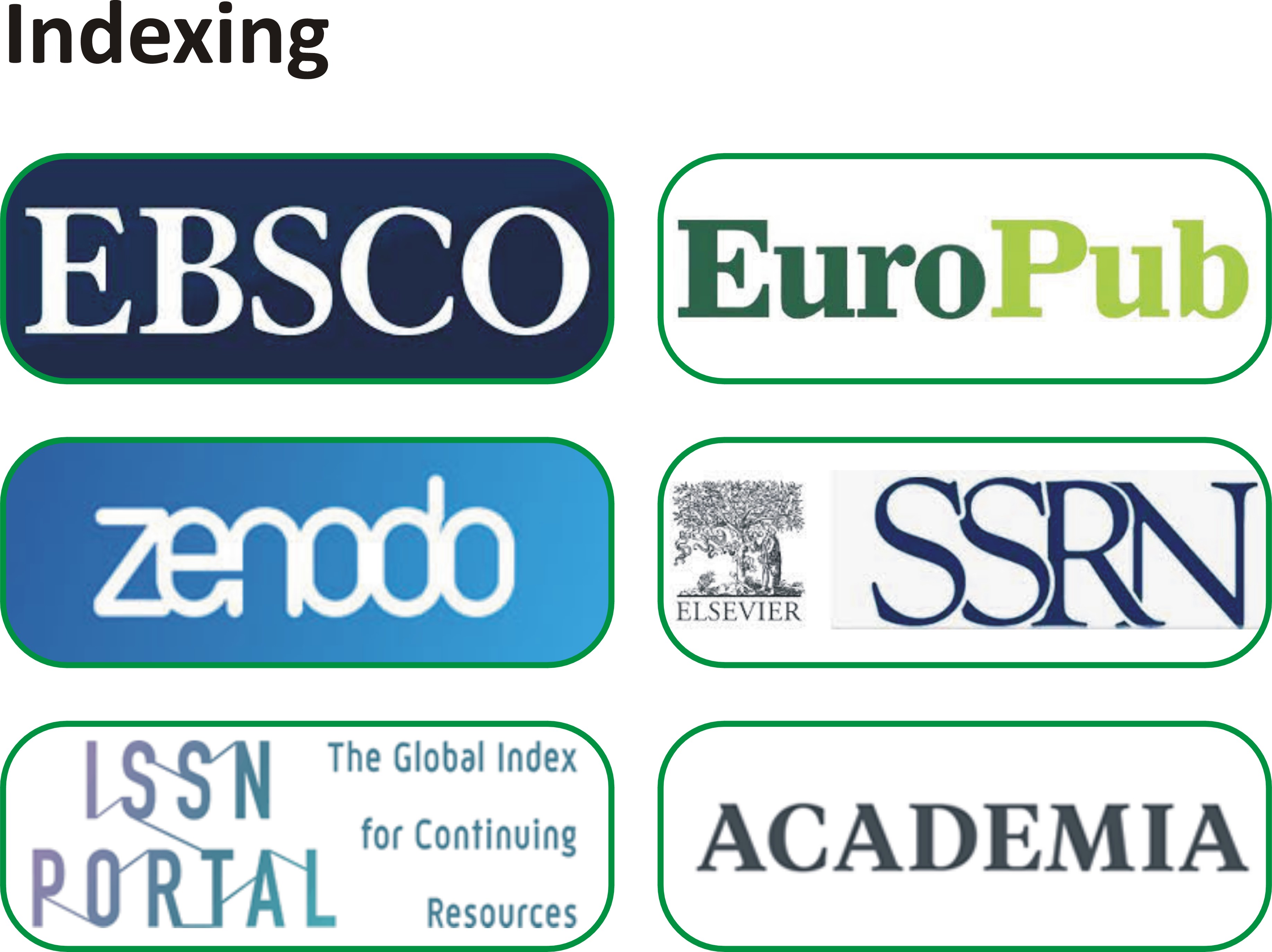Analysing the Best Practices and Risks of Artificial Intelligence in Human Security
Abstract
The Copenhagen School of thought on human security examines the need to protect individuals from physical, economic, social and environmental threats. It emphasizes the importance of understanding security threats from a human-centred standpoint, rather than the traditional state-centric approach. This approach focuses on the well-being of individuals, rather than just the security of the state, and examines how global security issues can impact individuals on a local level. It also emphasizes the need for a holistic approach to security, which includes both traditional security measures (such as military protection) and non-traditional measures such as economic assistance, social services, and environmental protection. One of the central point of this is Human security which can be enhanced by using Artificial Intelligence (AI). AI can detect and respond to threats more rapidly, accurately, and efficiently than humans, resulting in more effective security solutions. It is also possible to automate and optimize security processes using AI. AI can also be used to analyse large amounts of data to identify patterns and trends, which can be used as a tool to better understand and anticipate security threats. Ultimately, this research paper seeks to explore the possibilities of using AI to improve human security. The discussion of AI-based security solutions is important, as it can improve the effectiveness and efficiency of security operations. In addition to the benefits of increased automation, improved accuracy, and the potential for increased privacy, AI-based security solutions should be considered in light of the implications. Furthermore, it is important to consider the challenges that need to be addressed in order for AI to be utilized in a way that enables human security, including the collection and analysis of robust data, as well as the ethical issues associated with its use. Finally, it is important to have an understanding of the current state of AI-based security solutions, including the available technologies, the potential applications, and the limitations of AI-based security solutions. Our research has shown that AI has the potential to be a powerful tool for improving security and reducing global risks, but it is critical to consider the ethical implications of applying AI to security purposes. As well as identifying potential threats, AI can target specific individuals or groups. To protect the rights of individuals and groups, it is crucial to ensure that AI is used responsibly and ethically. Furthermore, it is important to consider the long-term implications of using artificial intelligence for security purposes, as it may lead to a world where security is based on automated decisions that are not always in the public interest.
Copyright Notice Submission of an article implies that the work described has not been published previously (except in the form of an abstract or as part of a published lecture or academic thesis), that it is not under consideration for publication elsewhere, that its publication is approved by all authors and tacitly or explicitly by the responsible authorities where the work was carried out, and that, if accepted, will not be published elsewhere in the same form, in English or in any other language, without the written consent of the Publisher. The Editors reserve the right to edit or otherwise alter all contributions, but authors will receive proofs for approval before publication. Copyrights for articles published in IJSSA journal are retained by the authors, with first publication rights granted to the journal. The journal/publisher is not responsible for subsequent uses of the work. It is the author’s responsibility to bring an infringement action if so desired by the author.




